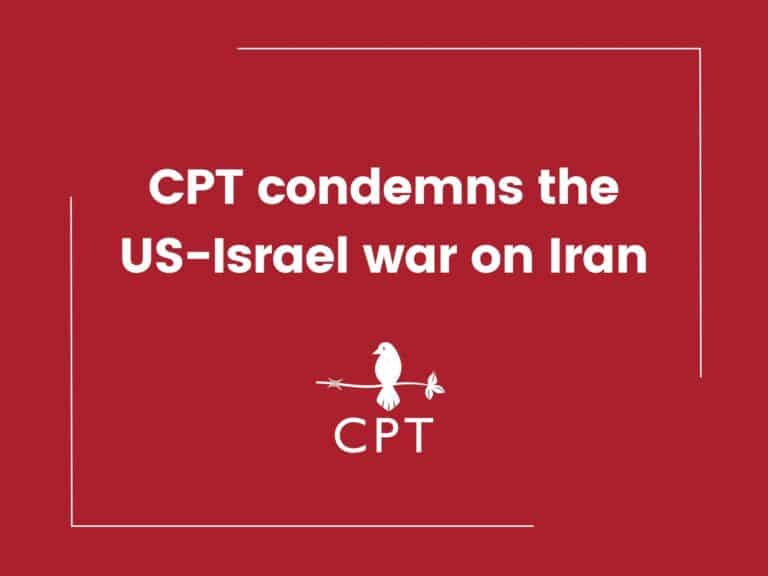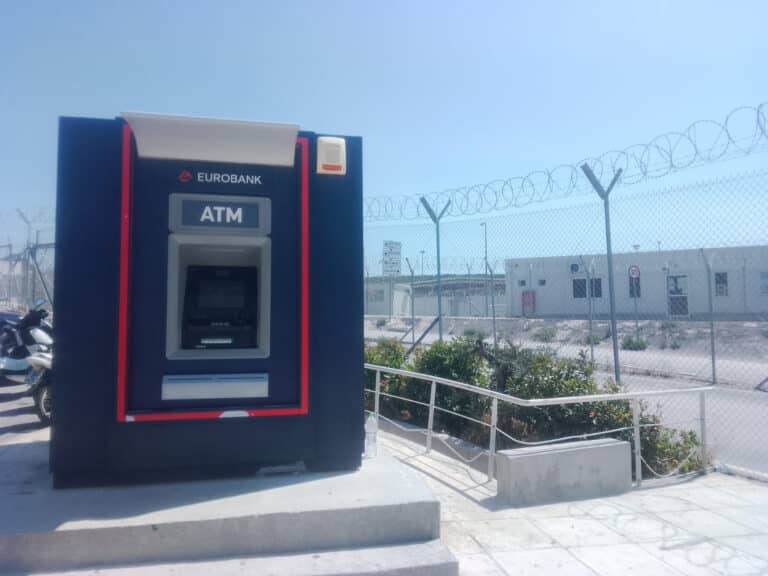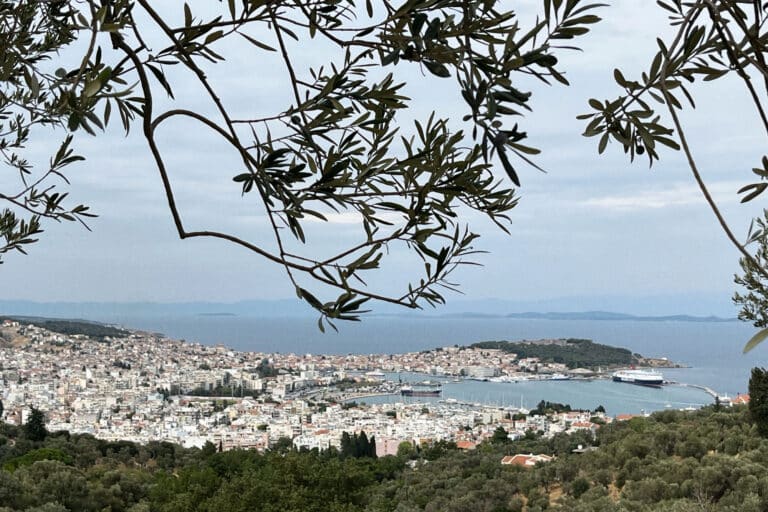by Noah Dillard
The sound of helicopters flying overhead still causes my spine to tense. When I lived in Gaza Strip, Palestine, my friends associated this sound with the terror of bullets the size of lead pipes that could tear thick branches from their trees and drill holes the size of soft balls in the crumbling cement of their houses.
Here in Colombia, the Blackhawks made by Sikorsky Helicopter (Connecticut, USA) have a different association, though no less brutal. These helicopters guard the small planes that fly the poisonous chemical fumigation missions over Colombia’s coca fields.
Communities rarely receive warnings of these fumigation missions. The poison spray catches men, women and children within the wide aerial drift.
A local farming organization describes the effects of the fumigation operations: “…the children exhibit serious problems of conjunctivitis and dermatitis, the same for the elderly. Pregnant women have miscarriages when they drink the water that has been dusted with glyphosate. Also, the chickens die around all the regions that have been fumigated, as do the pigs and cows poisoned by drinking the contaminated stream water.”*
In August, I met with a man who had been fumigated multiple times. His flesh was falling away from his body as though he had suffered serious burns. Soft white powder that settled from the spray had entered his body. The symptoms of this poison were not immediate but within weeks he began to find blisters erupting from his skin. The blistering ravaged his body from head to toe, as though the poison were burning him from the inside out. Children born in the months after their mothers lived through fumigations present the same skin disease.
In 2003 the civil court of Colombia ruled that the fumigations were illegal and ordered a moratorium on them while the state studied the health and environmental effects fully. Despite the court’s ruling, the U.S. government continues to insist on the use of poisonous fumigations to fight this so-called “war on drugs.” The state never conducted any studies ordered by the court and recently re-elected President Álvaro Uribe has said that as long as he is president he will never stop the fumigations.
ACTION: The Foreign Operations Appropriations Bill, currently under consideration by the U.S. Congress, grants $802 million in mostly military aid to Colombia. Representative Jim McGovern (D-MA) has proposed an amendment to transfer $30 million of that package from aerial fumigation of coca in Colombia to humanitarian assistance for refugees. Please urge U.S. policymakers to support the McGovern amendment: 202-224-3121.
* Cifuentes, Miguel; Las Fumigaciones, un Sofisma Para Mantener el Negocio del Narcotráfico en EEUU y Europa; Asociación Campesina del Valle del Río Cimitarra



